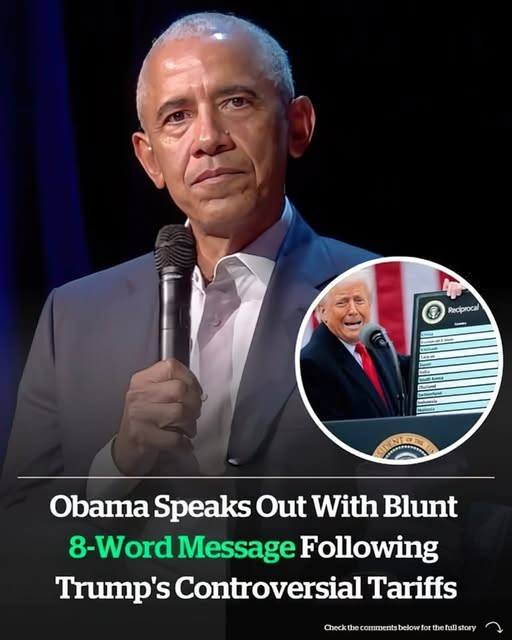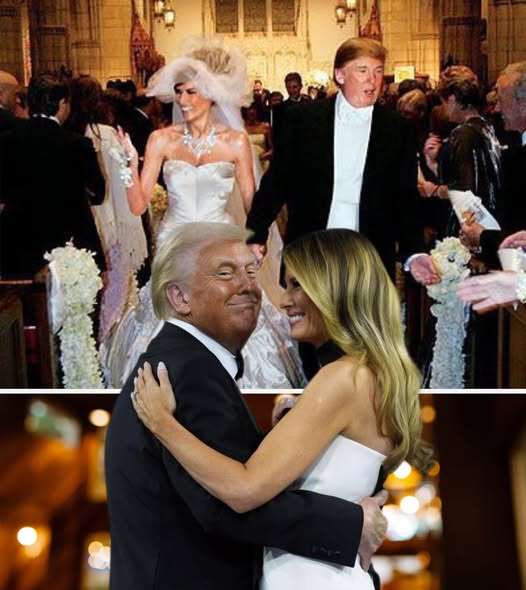Obama speaks out with blunt 8-word message following Trumps controversial tariffs
On April 2, 2025, President Donald Trump announced a comprehensive new tariff policy—declaring the day “Liberation Day”—that has sent shockwaves through global financial markets. The policy imposes a blanket 10% tariff on all imports, but countries deemed “worst offenders” face much steeper rates. For instance, Japan will be hit with a 24% tariff, South Africa with 30%, Vietnam with 46%, while China faces a 34% tariff that pushes its overall effective rate to 54%.
Speaking from the White House Rose Garden, Trump proclaimed that this bold move would mark the rebirth of American industry and the reclamation of the nation’s destiny. “April 2, 2025, will forever be remembered as the day America began to ‘Make America Wealthy Again,’” he declared. He further denounced decades of what he described as the nation being looted and plundered by both allies and adversaries.
The immediate impact was dramatic. The Dow Jones Industrial Average fell by 5.5%, the S&P 500 dropped 6%, and the Nasdaq Composite slipped into bear market territory. Investors expressed deep concern that the tariffs would lead to higher costs for businesses and consumers and potentially trigger a recession.
Former President Barack Obama later addressed these developments during an appearance at Hamilton College in Clinton, New York. Clearly distancing himself from the current administration, he remarked, “I have deep differences of opinion with my most immediate successor—who’s now president once again.” He warned that the new economic policy would not be beneficial for America and raised broader concerns over a federal government that he said threatens academic freedom and pressures law firms to avoid representing individuals contrary to its interests. In a succinct eight-word summation, he challenged, “Imagine if I had done any of this?”
Senate Minority Leader Chuck Schumer also criticized the tariff strategy. He argued that the erratic and unpredictable nature of Trump’s policies has rattled the business community, creating uncertainty and prompting fears of a recession—especially now, as China has struck back with a 34% retaliatory tariff on all U.S. imports starting April 10. The Chinese finance ministry condemned the U.S. measures as inconsistent with international trade rules and described them as a “typical unilateral bullying practice” that undermines global economic stability.
The unfolding situation continues to dominate headlines, raising serious questions about the long-term impacts on the U.S. economy and global trade dynamics.






